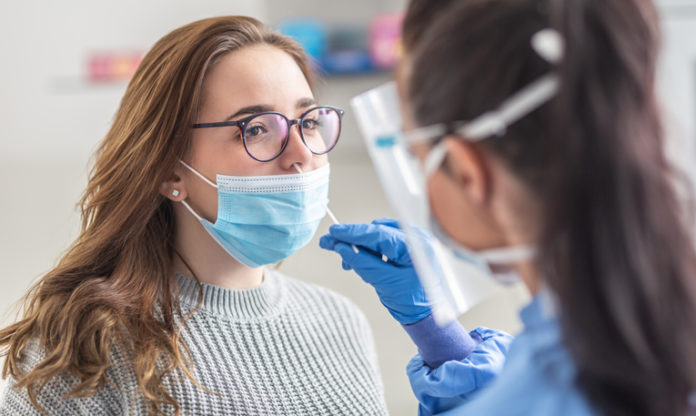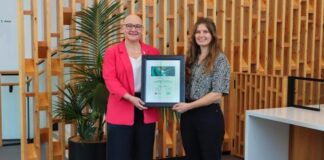The Ministry of Health has published guidance for New Zealand’s health professionals regarding reinfection from COVID-19.
With winter just around the corner and with it, the latest guidance covers information for the general public on reinfection and information for health workers on testing for possible reinfection.
“We are continuing to monitor international evidence on reinfection rates – current evidence shows the chance of having COVID-19 again within 90 days of a first infection, especially if it is the same variant, is low but it can occasionally happen,” says the Ministry’s Deputy Director of Public Health, Dr Harriette Carr..
“Ensuring you minimise your chances of catching COVID-19 again is especially important for older people, those with higher risk health conditions, or people who have frequent close contact with vulnerable people.”
She said people who become unwell with respiratory symptoms within 90 days following a COVID-19 infection but are low risk, should stay at home and recover until 24 hours after most symptoms clear up.
“We don’t advise routinely retesting at home within this period but if someone becomes increasingly unwell they should seek advice from their GP or Healthline. Those more at-risk people who become unwell again within 90 days of their initial illness should seek further advice from a health practitioner.”
“If you become unwell more than 90 days after a COVID-19 infection you should follow the same advice as for a first infection.
“Our advice to health practitioners when testing for reinfection is that it’s exceptionally unlikely if symptomatic less than 28 days after the original infection, while people who are symptomatic within 29 to 90 days after original infection could be tested with a supervised rapid antigen test.
“It’s really important to take any respiratory illness seriously and take time to recover.
For further information on reinfection, visit Catching COVID-19 again
For health worker guidance, visit COVID-19: Advice for all health professionals



